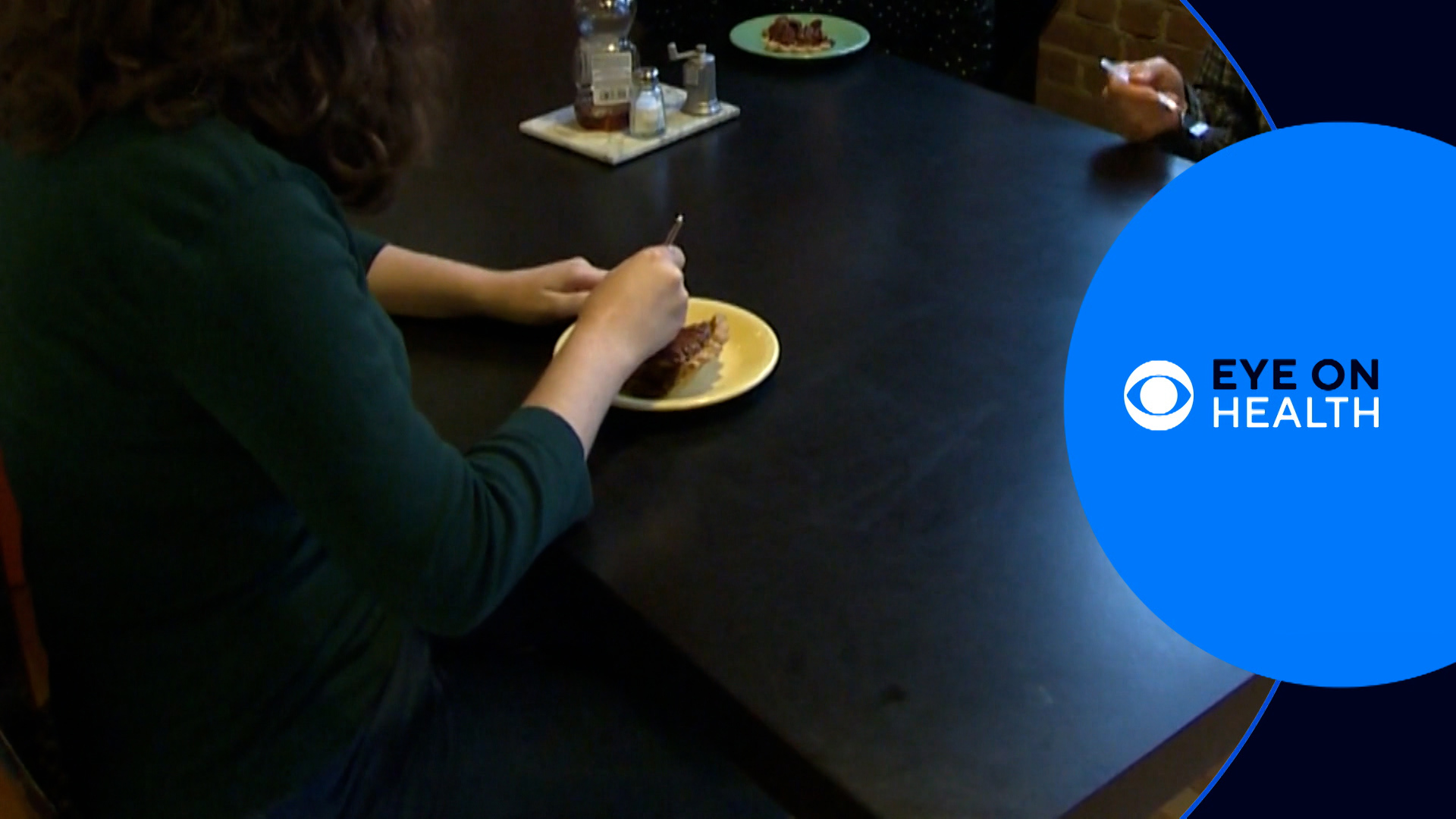As adults and children reach for Fourth of July staples like sparklers, firecrackers and Roman candles, ophthalmologists are warning to use caution or skip the fireworks altogether.
In the past three years, eye injuries caused by fireworks have more than doubled, according to the annual fireworks injury report issued Friday by the U.S. Consumer Product Safety Commission.
Emergency rooms treated 1,300 eye injuries caused by fireworks over a one-month period in 2014 compared to 600 eye injuries over the same time frame in 2011.
Firework fragments can shoot outward and hit the eye, causing tears, lacerations and injuries that can ultimately cause blindness, according to Philip R. Rizzuto, an ophthalmologist and clinical spokesman for the American Academy of Ophthalmology.
And while parents may think sparklers and firecrackers are safe, Rizzuto says that using any firework is just asking for an accident.
"One little spark in your eye, the burn is significant," Rizzuto says. "Then, think of the makeup of fireworks – gunpowder, charcoal, sulfur...they are all irritants to your eye."
![635714288449469561-Screen-Shot-2015-07-02-at-9.50.20-AM[ID=29612987] ID=29612987](http://www.gannett-cdn.com/-mm-/8561feee4c8c79ef2d11632e6e7b18d7c943b2d3/c=0-180-734-807/local/-/media/2015/07/02/USATODAY/USATODAY/635714288449469561-Screen-Shot-2015-07-02-at-9.50.20-AM.jpg) Accidents can happen within seconds, and with eye injuries the recovery can last years, if it happens at all. Three years after a rogue Roman candle struck Jameson Lamb in the eye on the Fourth of July, he's still trying to regain vision in his right eye.
Accidents can happen within seconds, and with eye injuries the recovery can last years, if it happens at all. Three years after a rogue Roman candle struck Jameson Lamb in the eye on the Fourth of July, he's still trying to regain vision in his right eye.
"I've had pretty much every surgery you can think of," Lamb says.
The 19-year-old from outside of Chicago, Ill., says he's had surgeries ranging from a partial cornea transplant to a full transplant, eyelid reconstruction, stem cells transplants and even skin graphs.
"At the moment I can see light and shapes," he says, adding that he hopes his second full cornea transplant later this summer will improve his vision.
Despite the risks associated with fireworks, only 10% of adults wear eye protection when using them, according to a recent survey by the American Academy of Ophthalmology.
"The majority of adults and teens using fireworks often fail to consider using protective eyewear when lighting fireworks," according to Robert Glatter, an emergency physician at Lenox Hill Hospital in New York City. He says it doesn't matter how safe or small a firework seems, eye protection should be worn.
He says a majority of the Fourth of July emergency room visits they see stem from alcohol use.
"People are impaired, using anything from marijuana to ecstasy or alcohol, and just not paying attention, and not wearing safety glasses if they are out partying and having a good time," Glatter says, adding that the party quickly ends when a firework-related injury happens.
If an injury does occur, Rizzuto says it's vital to have a plan to reduce further damaging the eye:
• Do not touch or rub your eye with your hands. Rizzuto says if the eye is damaged, rubbing it can further alter the structure of the eye and make it more difficult to repair.
• Do not flush the eye with water or try to rinse it with an eye solution.
• If something is stuck in the eye, do not remove it.
• Immediately seek medical attention.
When it comes to fireworks, he says it's probably better to leave the show to the professionals.
"I encourage people to go to professional firework shows, obviously these are trained people, and they understand what a safe distance from fireworks is," Rizzuto says.


